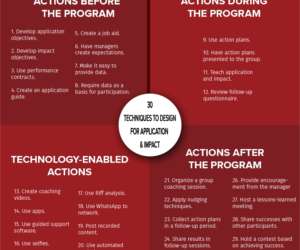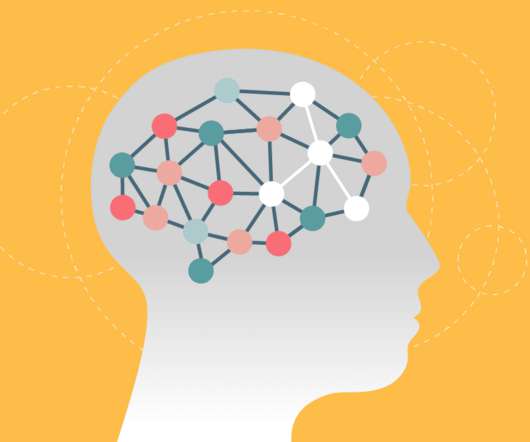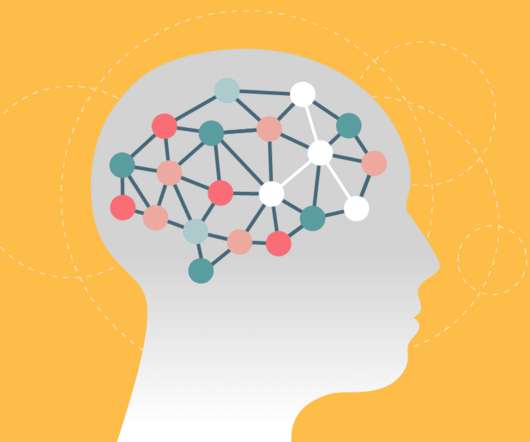Virtual learning after the pandemic
CLO Magazine
SEPTEMBER 23, 2021
As some of you may recall, during the 2008-2009 financial crisis, much of learning was halted because that’s what organizations do in a recession. We don’t think so, and for several reasons: We are much better at virtual learning now than we were in 2008 and 2009. . Multitasking. This path is not new. Why action is needed.
























Let's personalize your content